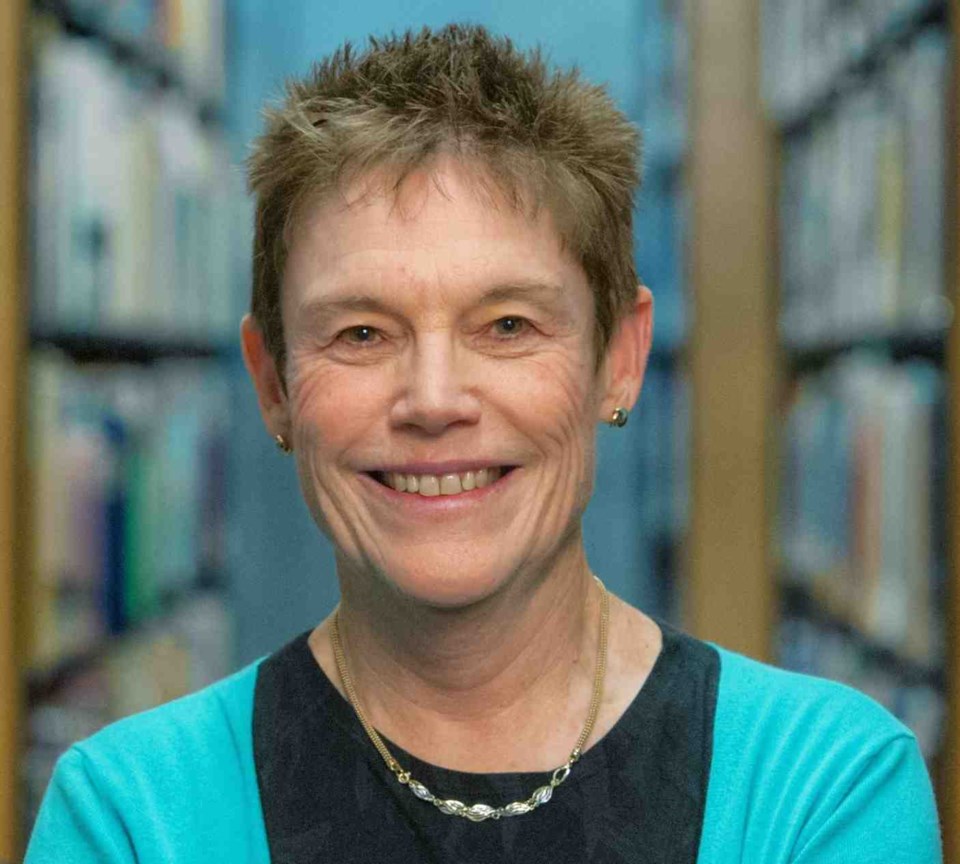University of B.C. linguist Dr. Bonny Norton says multilingualism in Canada is alive and well, and something that Canadians value and embrace as a virtue.
However, new immigrants who cannot converse in either of Canada’s official languages are missing out on important community and national conversations.
In Richmond, this concern is more pronounced than in any other city in Canada, as 11.2 per cent of all residents, according to the 2016 census, cannot speak English nor French.
Over the past five years, the number of people who speak neither English nor French has risen 12 per cent, from 19,740 to 22,110. In 2006, the overall share in population was 8.8 per cent.
In the past 10 years, 6,757 new residents (28 per cent of the city’s population growth) cannot converse in English or French.
“I think it’s a loss for these new Canadians. My concern is they’re missing out on so much that is rich in Canadian society,” said Norton. “We all need to be able to contribute and hear the conversation, so it works both ways. It is a loss if people are outside the dominant conversation,” said Norton.
Throughout her career researching identity and language learning, Norton has found that not understanding an official language is not a result of unwillingness. Quite the contrary.
“Most people do want to speak English or French. We have to distinguish between the opportunity to learn and the desire,” said Norton.
Furthermore, there may be “a critical mass of people in a community where people are able to function adequately without English or French,” resulting in the ability to live without engaging in the broader community.
In Richmond, the concentration of Chinese-speaking businesses has been a point of contention.
Many non-Chinese speaking residents feel excluded. Conversely, advocates in the Chinese community have also expressed concerns about new residents not branching out into the broader community.
Norton said “valuing diversity while maintaining the sense of our institutions,” which are “grounded by English and French” is the “lovely compromise” of Canadians, 20 per cent of whom speak more than one language at home.
In Canada, 1.8 per cent of people cannot speak English or French. In B.C. the rate jumps to 3.3 per cent.



